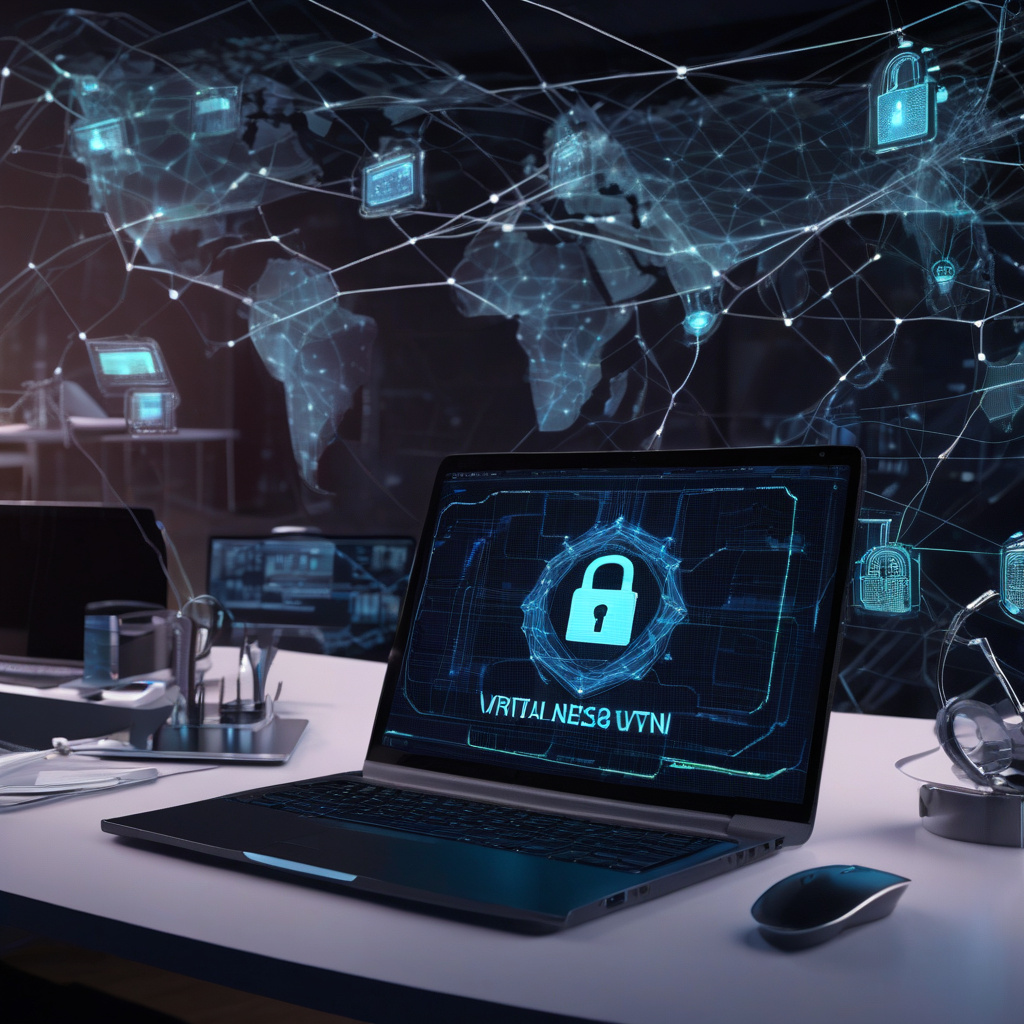In today’s digital landscape, where cyber threats are becoming increasingly sophisticated, the need for robust cybersecurity measures has never been more critical. One essential tool in the arsenal of defense against cyber threats is the Virtual Private Network (VPN). VPNs play a crucial role in safeguarding digital communications for both individuals and businesses, helping prevent data breaches and ensuring online privacy and security.
Virtual Private Networks, or VPNs, create a secure and encrypted connection between a user’s device and the internet. By routing the user’s internet traffic through a remote server, VPNs mask the user’s IP address and encrypt data transfers. This process creates a secure tunnel that shields online activity from prying eyes, such as hackers, government surveillance, or malicious third parties.
One of the primary ways VPNs help prevent data breaches is by securing data transmitted over unsecured networks. When users connect to public Wi-Fi networks in places like cafes, airports, or hotels, they expose themselves to potential cybersecurity risks. Hackers can intercept data being transmitted over these networks, gaining access to sensitive information such as login credentials, financial details, or personal data. By using a VPN, all data transmitted over the network is encrypted, making it virtually impossible for hackers to decipher.
Moreover, VPNs provide an additional layer of security by hiding the user’s real IP address. This feature helps protect against tracking and surveillance by concealing the user’s online identity. By masking the IP address and routing internet traffic through remote servers located in different geographic locations, VPNs make it challenging for malicious actors to trace the user’s online activities back to their actual location or identity.
Furthermore, VPNs enable users to bypass geographical restrictions and access region-locked content. This functionality is particularly useful for businesses with international operations or individuals who travel frequently. By connecting to servers in different countries, users can access websites, services, or content that may be restricted in their current location. However, it is essential for users to ensure they are not violating any laws or regulations when accessing geo-blocked content using a VPN.
In the context of businesses, VPNs play a vital role in securing remote connections for employees working from home or traveling. With the rise of remote work and the prevalence of Bring Your Own Device (BYOD) policies, ensuring secure connections for remote employees is paramount. VPNs encrypt data transmitted between remote devices and the company’s network, reducing the risk of unauthorized access or data breaches.
In conclusion, VPNs are indispensable tools in the realm of cybersecurity, helping prevent data breaches, safeguard online privacy, and secure digital communications. Whether used by individuals seeking to protect their personal information or by businesses looking to secure remote connections, VPNs offer a robust layer of defense against cyber threats. By encrypting data, masking IP addresses, and enabling secure remote access, VPNs empower users to navigate the digital landscape with confidence and peace of mind.
At the same time, it is crucial for users to choose reputable VPN providers that prioritize security and privacy. Conducting thorough research, reading reviews, and understanding the features offered by different VPN services can help users make informed decisions when selecting a VPN provider. By incorporating VPNs into their cybersecurity strategy, individuals and businesses can fortify their defenses against cyber threats and mitigate the risk of data breaches in an ever-evolving digital world.

